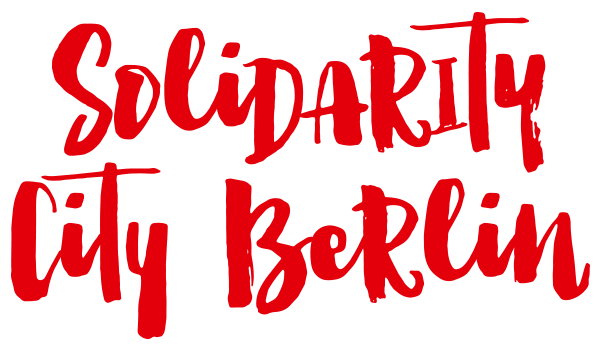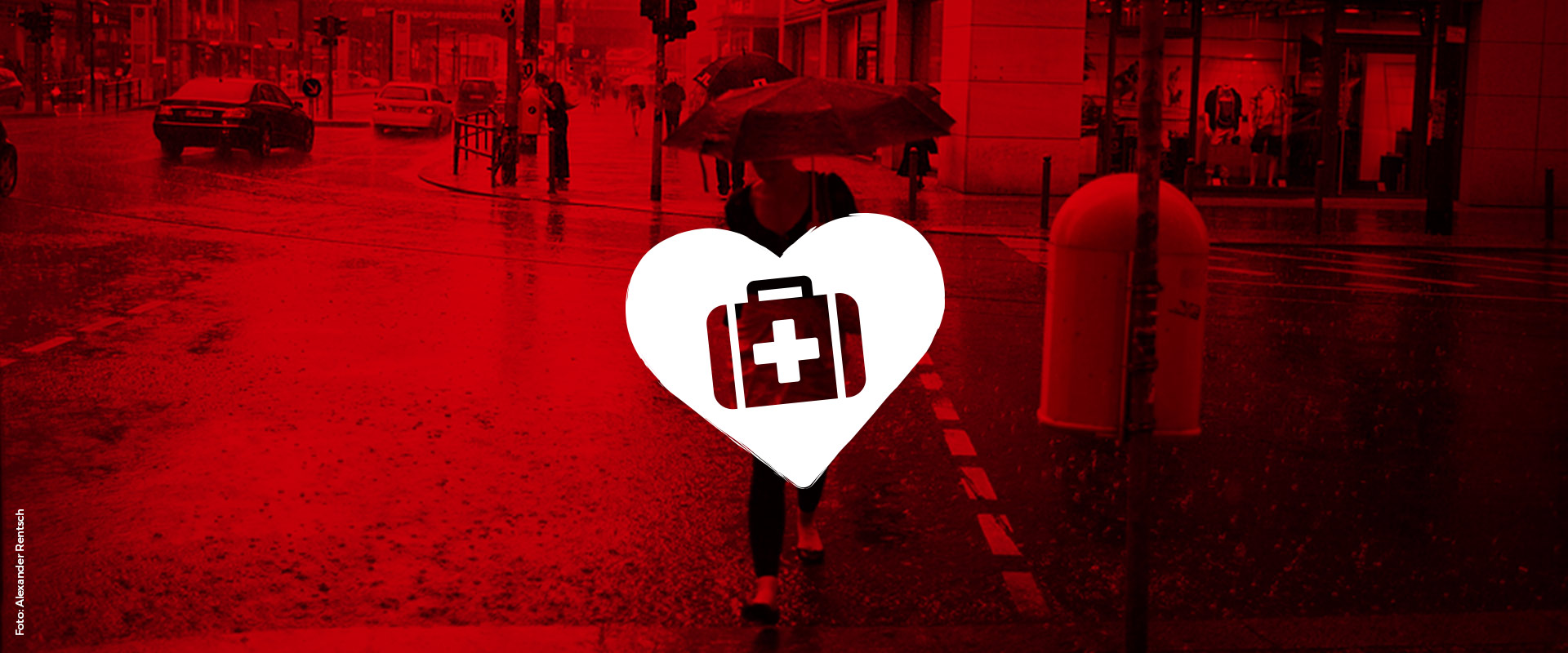
The problems that face us are many. It’s hard to know where to start. When we first came together, it seemed impossible to find a place to begin.
For those of us that are refugees or undocumented, the ability to even live in Berlin is already a constant struggle as housing options are limited and expensive. Health care is permitted only for emergencies, making everyday life difficult as one has to constantly worry about staying healthy. The labor market – despite being the basis for life – is restricted, forcing some to get dangerous and precarious jobs in order to exist and to maintain some sense of independence. Education, the opportunity to better one’s living conditions and one’s understanding of our world (and a foundation for democracy), is blocked, restricting the capacity to change one’s life through this path. Through it all, the threat of deportation hangs in the shadows, to the degree that fear defines the everyday life of those who live on the borders and margins of «legality.»
Access to the city, to municipal services, is full of obstacles that create a city of divisions. Despite having crossed a border, for those of us that are undocumented or refugees, Berlin is still a city of borders and partitions, restricting our every movement and our every dream.
How to move forward, where to begin in order break through these borders and limitations? We asked ourselves this many times, and after much debate, we decided to begin with developing a strategy to allow access to the health care system. This decision was driven by the voices of those whose access to medical treatment is denied or severely limited.
We’re not politicians, we’re not technocrats. But we’re the everyday people upon which our democracy stands. We want to make changes, not hope that “someone” will make them at some point for us.
Based on the experiences of people in our group we began asking around. We talked to our neighbors and our social networks, trying to find out how they experience access to health care. After this, we looked up what the laws are, we looked up what other people in other cities did, and then we proposed some ideas to those affected by the gaps and borders of our city what they think would work for them. We debated the proposals, we interrogated them, modified them, throw some away even. But at the end of this debate, we got a demand.
Our first demand was this:
We want an anonymous health card to be provided by the city of Berlin. This health card has to be anonymous in order to ensure the safety of those being threatened by deportation. The service offered by this card has to be the same like every other health insurance (Regelversorgung), and we oppose any kind of limitation to the treatments available.
That also means that the card should cover both mental and physical health.
This card should be available upon arrival to Berlin to anyone that needs it, regardless of status – that means refugees, undocumented people, folks from other parts of Europe that lack coverage, even locals who’ve «fallen through the cracks«of available coverages.
Medically informed translators should be available upon request, because otherwise the service remains virtually inaccessible.
Whatever service is provided should be provided to the fullest. A common complaint of those we talked to was that health care providers left the impression of partial, or disinterested service. Aside from language as a possible barrier in this context, structural racism is a likely driving force behind such problems.
This means that health care providers should be trained to properly and sensitively treat all people, regardless of where they think they’re from. In order to ensure this, a complaint-based system should be enforced.
But, simply coming up with the solution doesn’t mean the government will take it. We have to build political pressure…

